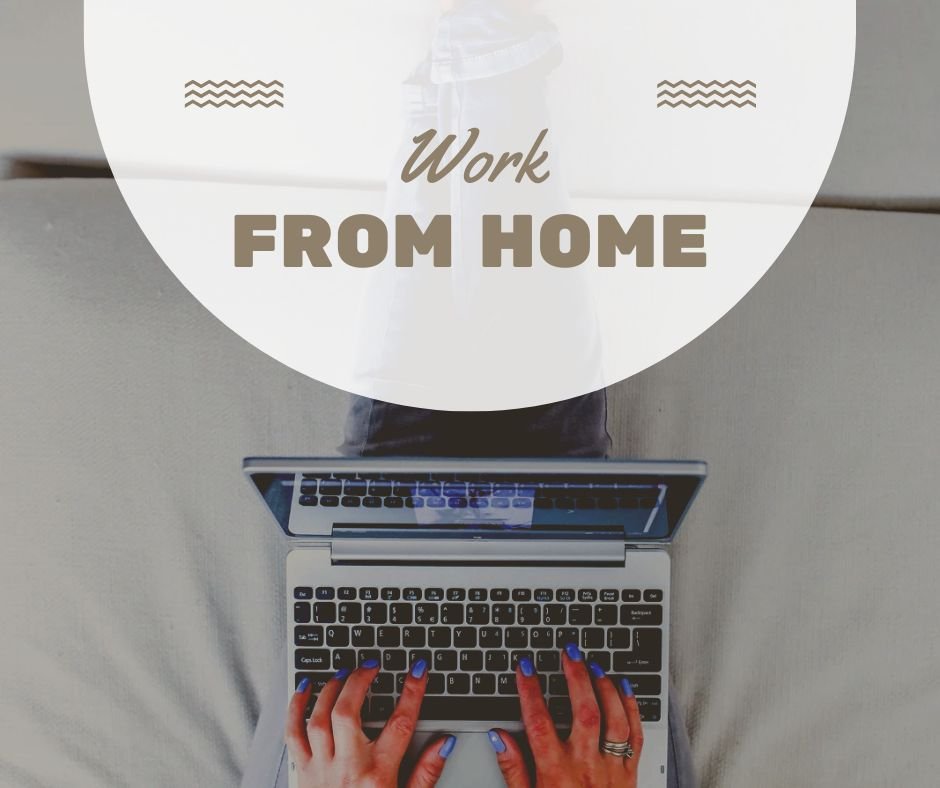The Paradox of Remote Productivity
Remote work promised freedom from office distractions, but instead created a new set of productivity challenges. While we escaped chatty coworkers and unnecessary meetings, we’ve fallen victim to something far more insidious – the constant ping of digital distractions that fracture our attention throughout the day.
The Shocking Statistics of Digital Distraction
Recent studies reveal:
- The average remote worker gets distracted every 3 minutes (University of California Irvine)
- It takes 23 minutes to fully regain focus after an interruption (American Psychological Association)
- Employees spend 2.5 hours daily just recovering from distractions (RescueTime)
- 60% of remote workers report higher distraction levels at home than in offices (2024 Buffer Report)
“Digital distractions are the cigarettes of our generation – we know they’re bad for us, but we can’t stop reaching for them,” says productivity expert Nir Eyal. “The difference is no one warns you about the productivity cancer they cause.”
The 5 Most Common Remote Work Distractions
- Notification Overload
- Average worker receives 63 notifications daily (Asana)
- Each notification costs 20 minutes of productivity (Loughborough University)
- The Tab Trap
- 47% of remote workers have 10+ browser tabs open simultaneously (Chrome Data)
- Tab overload reduces decision-making ability by 32% (Princeton Neuroscience Institute)
- Meeting Mayhem
- 45% of remote workers attend more meetings than pre-pandemic (Harvard Business Review)
- 71% of managers say meetings reduce productive work time (Microsoft)
- Household Interruptions
- 68% report pets/kids interrupting focus (Owl Labs)
- 52% say household chores distract them during work (Toggl)
- Self-Sabotage
- 89% admit to “productive procrastination” (avoiding hard tasks with busywork)
- Remote workers check email 15x more frequently than office workers (UC Irvine)

The Neuroscience Behind Focus Loss
When we switch tasks:
- Our brain burns extra glucose (mental energy)
- Stress hormones spike
- We accumulate “attention residue” that clouds focus
- Creativity and problem-solving abilities decline
“Multitasking is the enemy of deep work,” explains neuroscientist Dr. Daniel Levitin. “Every interruption is like a tiny stroke that degrades our cognitive abilities.”
Proven Solutions From Top Remote Companies
- The Focus Sprint Method (Used by Basecamp)
- 90-minute uninterrupted work blocks
- No notifications, no tab switching
- Followed by 30-minute breaks
- Results: 3x more output per day
- The “No Internal Meeting” Policy (GitLab)
- All internal communication happens async
- Only client-facing meetings allowed
- Saved 12,000+ hours annually
- The “Single App” Approach (Automattic)
- One communication tool (no switching between Slack/Teams/Email)
- Strict notification rules
- Reduced cognitive load by 41%
Your 7-Day Digital Detox Challenge
Day 1: Notification Audit
- Turn off all non-essential alerts
- Keep only 3 critical notification types
Day 2: Tab Bankruptcy
- Close all browser tabs
- Bookmark truly important pages
Day 3: Meeting Purge
- Cancel 3 recurring meetings
- Convert 2 meetings to emails
Day 4: Focus Sprint
- Try one 90-minute distraction-free block
Day 5: Email Reset
- Unsubscribe from 10 newsletters
- Create 3 email filters
Day 6: Digital Declutter
- Organize desktop and cloud storage
- Delete unused files
Day 7: Habit Stacking
- Pair a new focus habit with an existing one (e.g., “After my morning coffee, I start a focus sprint”)

Essential Tools for Distraction-Free Work
- Focus Guardians
- Freedom (blocks distracting sites)
- Focus@Will (science-backed focus music)
- Notification Managers
- SaneBox (email prioritization)
- OneSec (reduces social media urges)
- Workspace Organizers
- Notion (centralized workspace)
- Loom (async video updates)
The Future of Focused Remote Work
Progressive companies are adopting:
- “No Meeting Wednesdays”
- Async-first communication policies
- Focus time as a KPI
- “Right to Disconnect” policies
“Productivity isn’t about doing more things – it’s about doing the right things with full attention,” says Cal Newport, author of Deep Work. “The companies that understand this will dominate the remote work era.”
Key Takeaways
- Digital distractions cost more than we realize (2.5 hours/day)
- Task-switching destroys cognitive performance
- Simple changes can dramatically improve focus
- Companies must protect employees’ attention
- Deep work beats busy work every time
The most successful remote workers and companies of the future won’t be those with the fanciest tools or longest hours, but those who best protect and optimize their attention. In an age of infinite distractions, focused attention has become our most valuable – and most endangered – professional resource.

